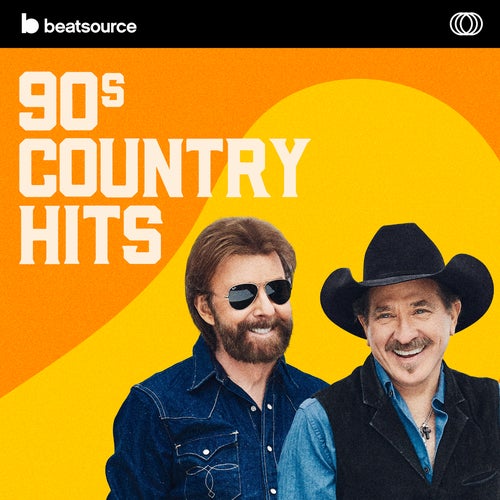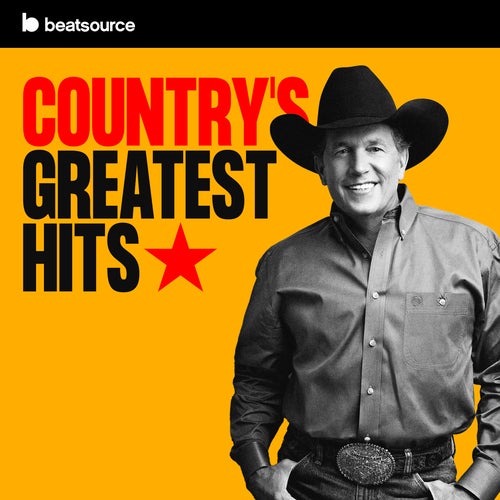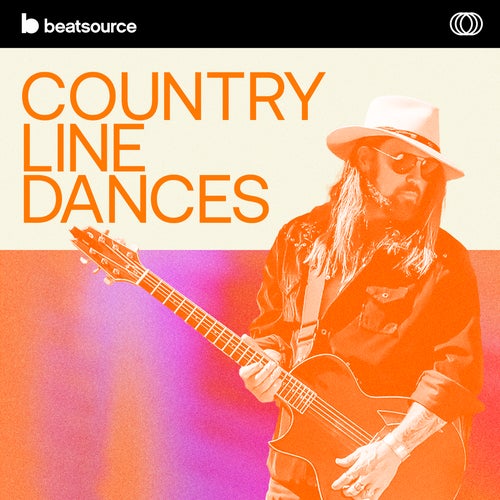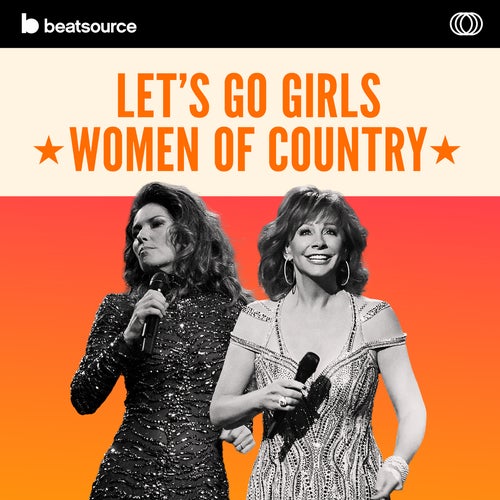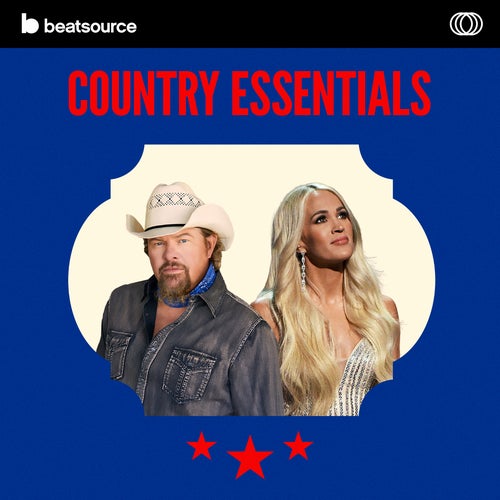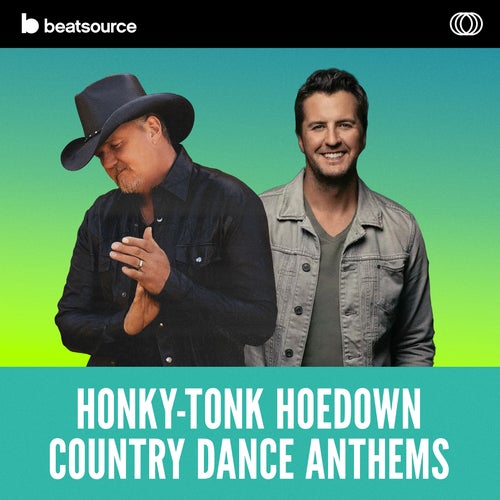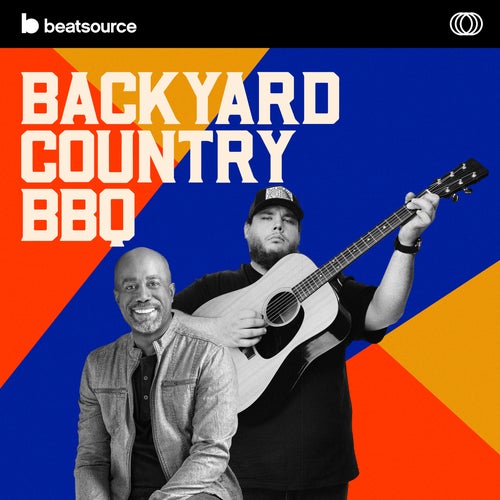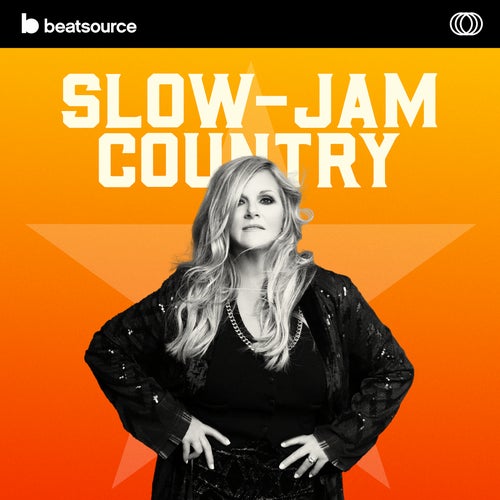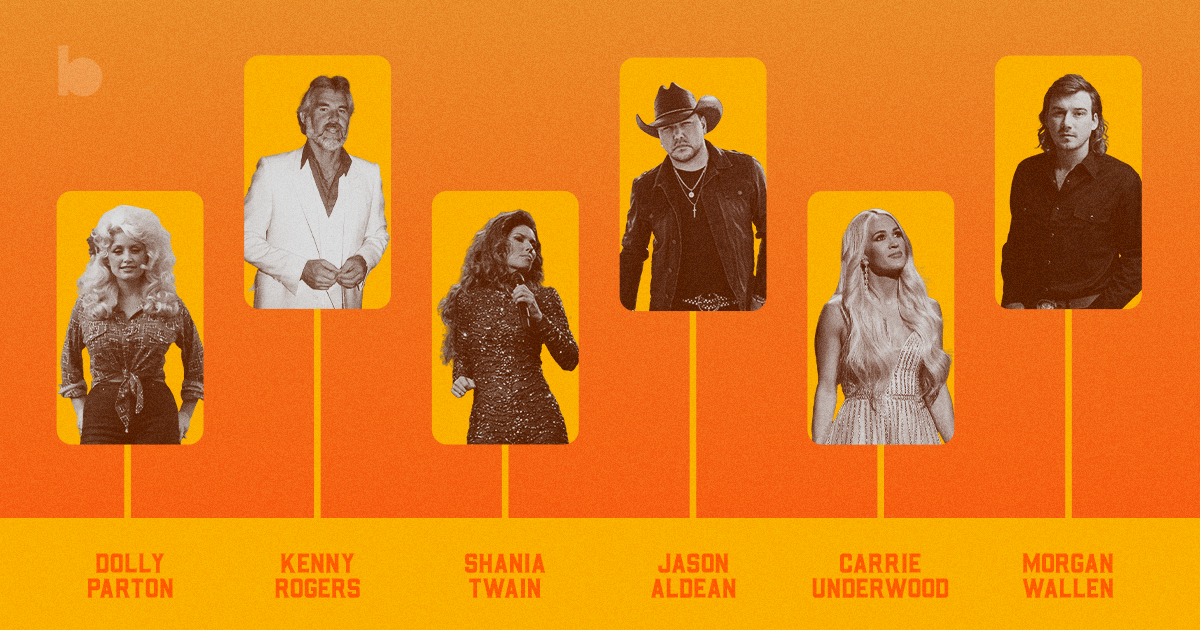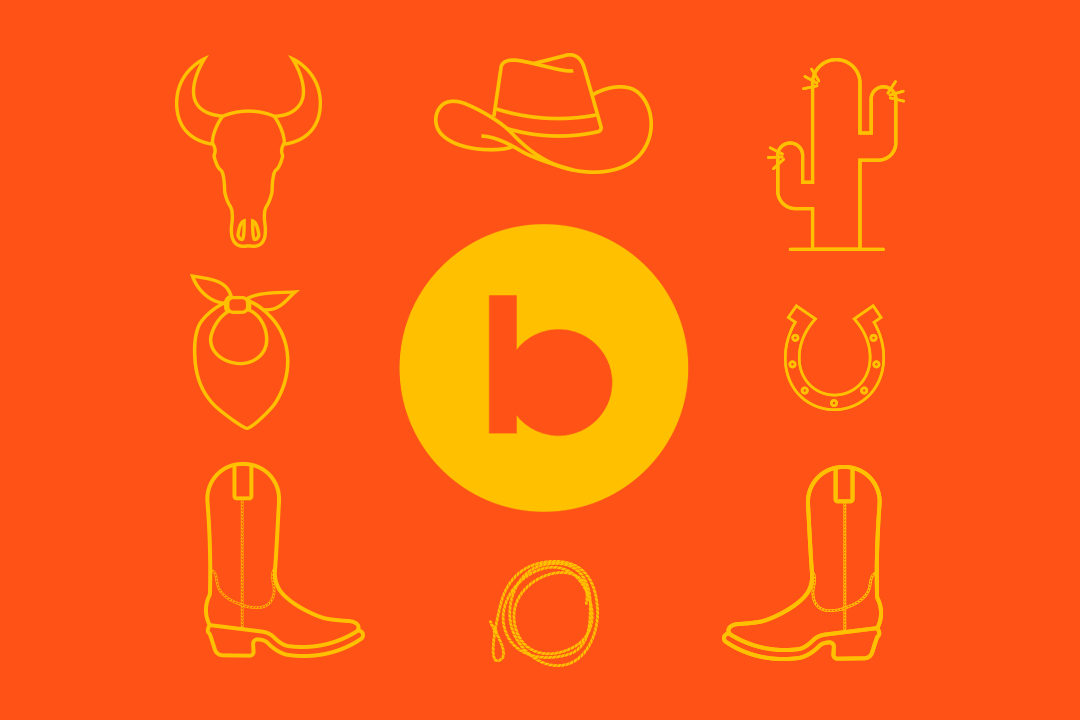
Written by Marcus Dowling
As an industry, country music‘s need to directly service the genre’s music to bar, club, and party DJs worldwide may seem strange. However, as the meanings of the phrases “open-format” and “top 40” once again err towards Nashville’s Music Row, Beatsource’s move in this direction more sustainably reflects how deeply the current moment country and pop is becoming stronger.
Moreover, the root causes of this moment reflect where and how country’s intersections with pop-aimed party culture and nightlife could evolve.
Morgan Wallen‘s collaboration with drill rapper Lil Durk for the January 2022-released urban chart-topper “Broadway Girls” wasn’t an anomaly.
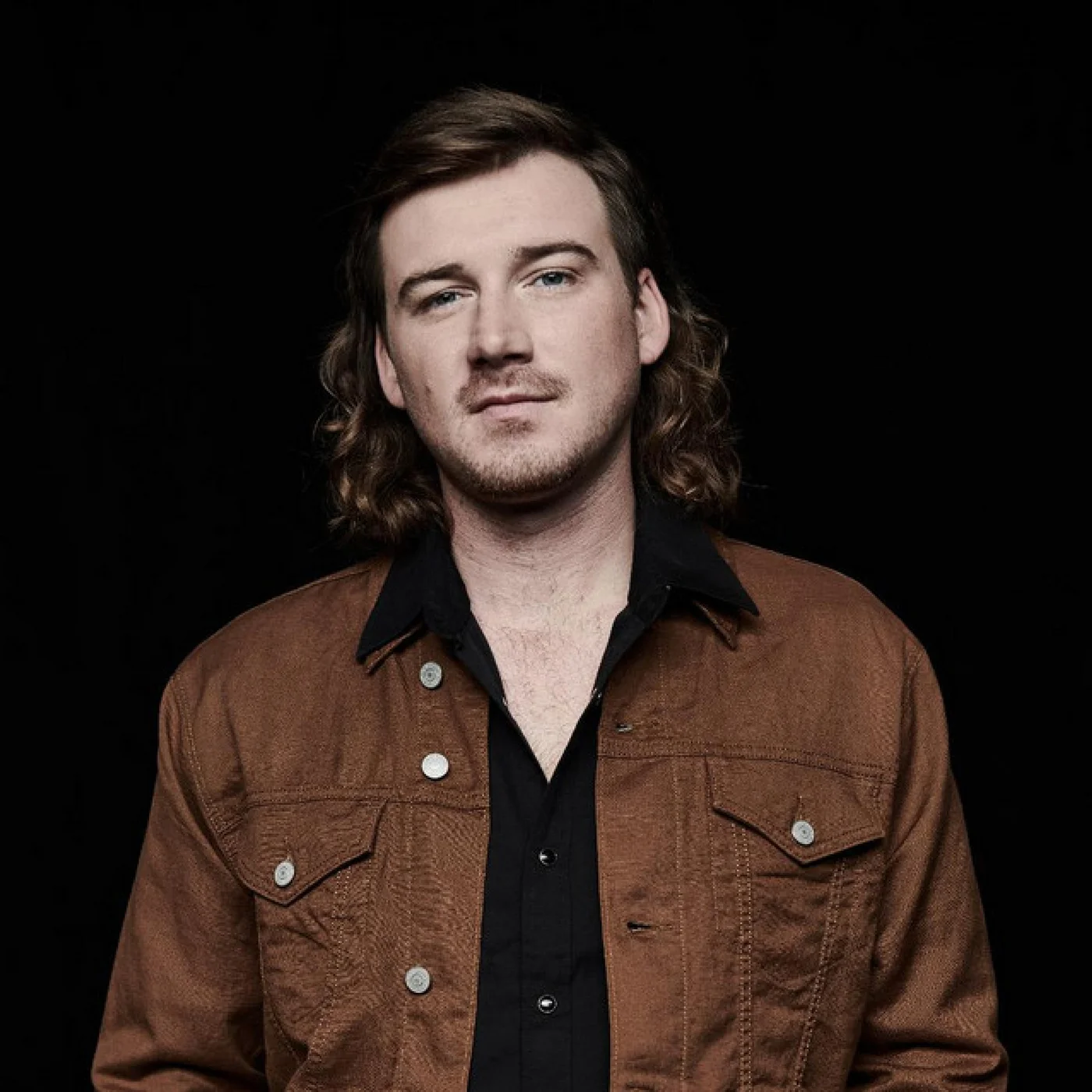
Durk and Wallen have both dominated charts and streaming platforms of late. Durk had 35 appearances on Billboard’s Hot 100 chart in 2021, and Wallen’s Dangerous: The Double Album closed 2021 as the No. 1 Billboard 200 Album of the year.
2017-2022 also marked a five-year period in which a single that had a strong showing on Billboard’s weekly Hot Country Songs chart also appeared in the top 10 of the trade magazine’s all-genre Year-End Hot 100 Songs chart. 2021 saw that one in four songs in the bottom 80% of the chart has country roots.
One cause is streaming. In a 2021 interview, Spotify’s head of editorial in Nashville, Rachel Whitney, highlighted that country music’s relationship with pop has always been “like a swinging pendulum.” And from rock and disco to hip-hop and more, the genre has always felt the “need to compete in the commercial market.”
Moreover, COVID-19’s quarantine solidified country’s current pop evolution. Increasingly, millennials and Gen-Z occupy the 21-40 demographic that typically engages in DJ culture-defined spaces. Couple that with this generation being able to double down — for two years — on computers, mobile phones, and social media as their primary source of entertainment.
What has emerged is a space where country’s COVID-era surge on platforms like Spotify has hastened the speed at which the genre infiltrates and expands across “open-format” and top 40 DJ culture.
“I play everything at Aldean’s,” said DJ Donnie D, the resident disc jockey on the 1,500-capacity rooftop at Jason Aldean‘s Kitchen + Rooftop Bar, one of the staple entertainment destinations of Nashville’s rising Lower Broadway scene.
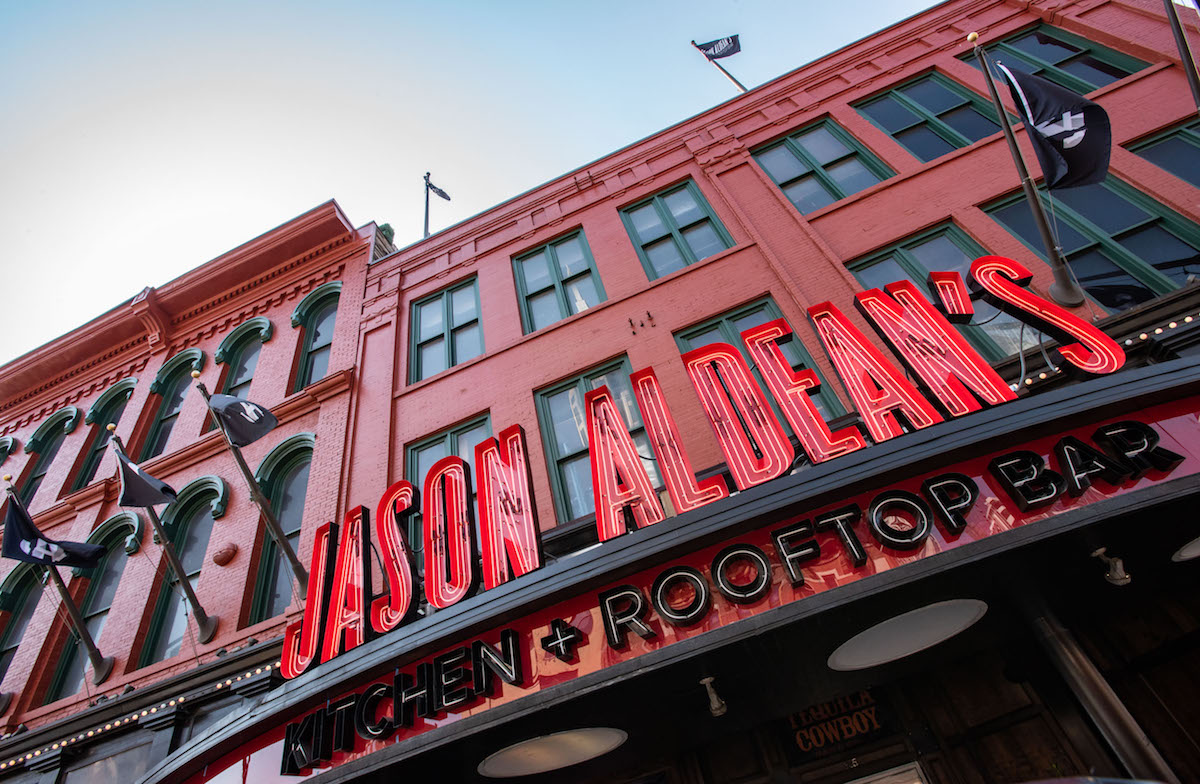
The three-decade veteran DJ adds, “the later the night gets, and the younger the demographic of the crowd gets, the more I’m playing more trap songs than almost all country [music] party songs, for sure. And yeah, also, whenever I have country stars in here, pretty much all they want to hear is trap music.”
The bridge of songs from country to trap is a fascinating one. Though its roots in recording studios involve acts like Nelly and Tim McGraw pairing, the other cause has a far more practical reason.
Country-to-R&B crossover artist and radio personality, Renee Blair, recalls arriving in Nashville in 2007 and becoming friends with the radio promotions team behind superstar Luke Bryan at Capitol Records.
“When they would take him on the road, they’d play hip-hop before he would get on stage,” she recalls. Bryan was remembering his college fraternity days at the University of Georgia and feeling like he would “put people to sleep once he got up there with his guitar.”
To keep the crowds feeling “loose, drunk, and having fun,” he figured invoking a hip-hop party vibe along with his material would be helpful.
Notably, too, country now has a two-generation history of male high school athletes and college students — and not as many pre-teens or farmers with a dream – achieving success. Everyone from Luke Bryan and Florida Georgia Line to Sam Hunt and Morgan Wallen share these influences.
This continues into the modern era, where rising hitmaker David Morris has roots at West Virginia University.
He notes that tailgate parties with “eclectic” playlists that mix Kenny Chesney and Luke Combs alongside Drake, the Ying Yang Twins, and John Denver‘s “Take Me Home, Country Roads,” drive college town gatherings with a “young diverse and national population” to serve as a “petri dish” for this culture’s future.
“On a global scale, country music is spreading. In this generation, with the advent of social media, country music is becoming a melting pot where genres blend and songs become more reflective of [trends] that fans embrace. Call it or label it however you want; it’s just good music.”
Hipster-era favored house DJ-producer Diplo is busily working in the country space of late, too. Aside from his 2019 remix of Lil Nas X and Billy Ray Cyrus‘ “Old Town Road,” he’s a regular at California’s Stagecoach Festival.
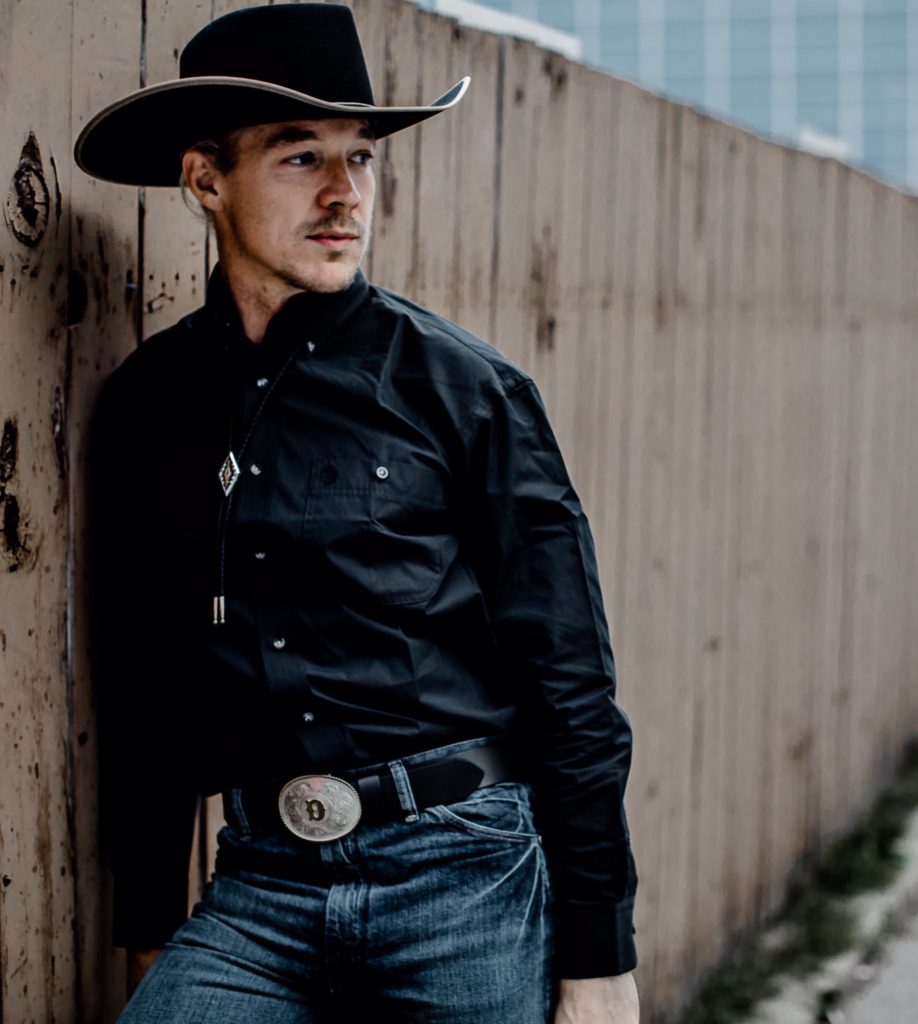
Regarding those sets, he notes the following in a 2022 interview:
“I wasn’t sure of what to do. So, I had the country records familiar to me that I know people like, plus [house music-friendly] DJ edits of classic country songs,” he says.
“These are kids who just want to party. Younger people — regardless of genre — are always just wanting to feel excited.”
As well, Nashville — the city from which this movement emanates — is experiencing incredible growth as a leading American travel and tourism hub. Nightlife is intrinsic to this boom.
The key? Lower Broadway. The downtown-located, five-block area is filled with numerous watering holes that include six-story rooftop mega bars. These will, by 2024, contain establishments named for a who’s who of three decades of country music superstardom, including Jason Aldean, Dierks Bentley, Big & Rich, Garth Brooks, Luke Bryan, Eric Church, Alan Jackson, and Miranda Lambert.
Imagine massive clubs in multi-level bars with 5,000 capacities being filled with locals and tourists alike, five nights a week. These bars, of course, feature names and brands of stars affiliated with 133 No. 1 Billboard country singles over forty years.
It’s the epicenter of where a musical environment more deeply defined by pop-ready country is headed.
Starting in 2023, as a city, Nashville is on pace to earn over $2 billion in travel and tourism revenue yearly. These bars could make, by that time, a total of $200 million.
In 2021, Nashville topped Atlanta, Denver, Las Vegas, and Tampa Bay in a study of large American metropolitan areas with the most economic growth. This music and its culture are becoming a massive business.

Often, in mainstream pop music, business drives culture.
Underpinning this evolution is the idea that, along national cross-sections of America’s map, this has already been a long-existent format.
Notably, along Interstate 10 — a stretch of highway extending from Los Angeles through to the Southwest and Deep South to the northern end of Florida’s Panhandle — honky-tonk parties and Spring Break ragers share equal relevance to bars and clubs achieving bottom-line goals.
In cities like Houston and San Antonio, Texas; Mobile, Alabama; Phoenix, Arizona; and Jacksonville and Tallahassee, Florida, there’s evidence that this format fills floors.
Country music was once a format where only radio reigned supreme. Now, a mix of digital-first youth is emerging into a little-known and now mega-lucrative space where radio is one of many defining success factors this has evolved. You, as a DJ, should and could be at the front of what appears to be a forthcoming yeehaw bandwagon.
In final, Diplo offers the best perspective:
“Country music is still such an alternative, outlaw thing. But that is about to change.”
